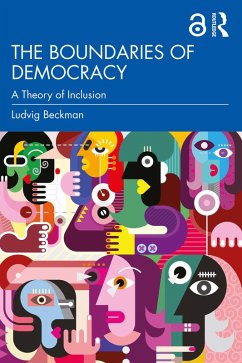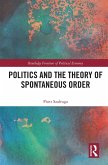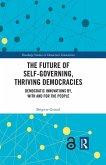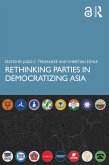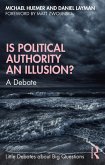This book provides a general theory of democratic inclusion for the present world. It presents an original contribution to our understanding of the democratic ideal by explaining how democratic inclusion can apply to individuals in a variety of contexts: the workplace, social clubs, religious institutions, the family, and, of course, the state. The book explores the problem of democratic inclusion, what it means to be subject to de facto authority, how this conception translates into legal systems, and the relationship between territorial claims by the state, and law's claim to legitimate authority.
The volume will be of interest to scholars and researchers of politics, especially political theory and democracy.
The volume will be of interest to scholars and researchers of politics, especially political theory and democracy.
Dieser Download kann aus rechtlichen Gründen nur mit Rechnungsadresse in A, B, BG, CY, CZ, D, DK, EW, E, FIN, F, GR, HR, H, IRL, I, LT, L, LR, M, NL, PL, P, R, S, SLO, SK ausgeliefert werden.

